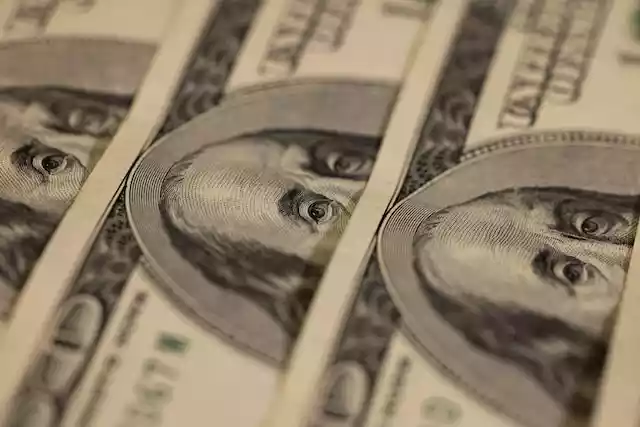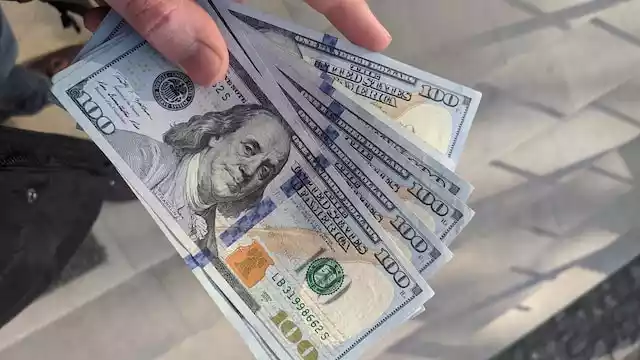How does Monetary Policy Affect Inflation? An Easy to Grasp Explanation
In our daily lives, we often encounter the term “inflation” in discussions about the economy. But what exactly is inflation, and how does it relate to monetary policy?

In this article, we will look into these concepts and explore how monetary policy affects inflation in detail.
Table of Contents
What is Inflation?
Inflation refers to the sustained or continuous increase in the general level of prices for goods and services over a period of time.
It weakens the purchasing power of money, meaning that the same amount of money can buy fewer goods and services as time goes on.
Inflation is measured using various indicators, with the Consumer Price Index (CPI) being one of the most commonly used tools.
What is Monetary Policy?
Monetary policy, on the other hand, refers to the actions taken by a central bank or monetary authority to manage and control the money supply and interest rates in an economy.
Central banks use monetary policy as an instrument to achieve their objectives, which often include maintaining price stability, promoting economic growth, and ensuring full employment.
Read on: How Does Fiscal and Monetary Policy Impact the Economy?
The Relationship between Monetary Policy and Inflation
Monetary policy and inflation are intertwined in a cause-and-effect relationship. Changes in monetary policy can have direct and indirect effects on the level of inflation within an economy.
Central banks utilize a range of tools and strategies to influence various factors that contribute to inflation.
1. Controlling the Money Supply
One of the primary ways in which monetary policy affects inflation is through the control of the money supply.
Central banks have the authority to expand or contract the money supply by buying or selling government securities, adjusting reserve requirements, and conducting open market operations.
When the money supply is increased, there is more money available in the economy. This excess liquidity can lead to increased spending, which in turn drives up prices and contributes to inflation.
On the contrary, when the money supply is tightened, it reduces the amount of money available for spending, helping to curb inflationary pressures.
2. Managing Interest Rates
Interest rates play a very important role in the relationship between monetary policy and inflation. Central banks use interest rates as a tool to regulate borrowing costs for businesses, individuals, and financial institutions.
When the central bank lowers interest rates, it becomes cheaper to borrow money. This encourages businesses to invest, consumers to spend, and individuals to take out loans, stimulating economic activity.
But, this increased spending and borrowing can lead to an increase in demand, driving up prices and contributing to inflation.
On the other hand, when the central bank raises interest rates, borrowing becomes more expensive, which can suppress spending and help control inflation.
3. Regulating Credit Conditions
Monetary policy also affects inflation through its influence on credit conditions. When the central bank implements expansionary monetary policy, it aims to increase the availability of credit and make borrowing easier.
This can lead to increased spending and investment, driving up prices and contributing to inflation. Conversely, when the central bank tightens monetary policy, it becomes harder to access credit, which can help slow down the economy and control inflation.
4. Exchange Rates and Inflation
The impact of monetary policy on exchange rates can also affect inflation. When a central bank adjusts its monetary policy, such as changing interest rates, it can influence the value of the country’s currency.
A weaker currency can lead to higher import prices, as it becomes more expensive to purchase goods and services from abroad.
This increase in import prices can contribute to inflation within the economy.
Wrap Up
In conclusion, monetary policy has a significant impact on inflation within an economy. By controlling the money supply, adjusting interest rates, regulating credit conditions, and influencing exchange rates, central banks can directly and indirectly affect the level of inflation.
Comprehending the intricate relationship between monetary policy and inflation is essential for individuals, businesses, and policymakers to make informed decisions and navigate the dynamics of the economy.
FAQs about How Monetary Policy Affects Inflation
1. How does monetary policy influence inflation?
Monetary policy can influence inflation through various channels, such as changes in interest rates, exchange rates, credit availability, and inflation expectations. By adjusting these factors, central banks can stimulate or moderate economic activity, which in turn affects price levels.
2. Can monetary policy eliminate inflation entirely?
While monetary policy can help manage and control inflation, completely eliminating inflation is challenging.
Inflation can be influenced by various factors, including supply and demand dynamics, government policies, and external shocks.
Central banks aim to maintain price stability and keep inflation within a desired range, rather than eliminating it entirely.
3. Why is price stability important for individuals?
Price stability is crucial for individuals because it helps maintain the purchasing power of their money. When prices are stable, people can plan and make informed financial decisions.
Stable prices also contribute to economic stability, as businesses can predict costs and consumers can make confident spending choices.
4. How does monetary policy affect interest rates?
Monetary policy directly impacts interest rates through the tools discussed earlier. By adjusting the supply of money and credit conditions, central banks influence the cost of borrowing for banks, businesses, and individuals.
Lower interest rates stimulate borrowing and economic activity, while higher interest rates help cool down an overheating economy and control inflation.
5. Can monetary policy address unemployment?
Monetary policy can indirectly influence unemployment by promoting economic growth and stability. When monetary policy stimulates economic activity, it can create a conducive environment for job creation and reduce unemployment.
However, addressing unemployment requires a comprehensive approach that includes fiscal policies, structural reforms, and other factors beyond the scope of monetary policy alone.
6. How transparent are central banks in communicating their monetary policy decisions?
Central banks place great emphasis on transparent communication to ensure clarity and enhance market understanding. They release regular statements, hold press conferences, and publish reports to explain their objectives, decisions, and economic outlook.
Transparency helps market participants and the public comprehend the reasoning behind monetary policy actions and fosters trust in the central bank’s ability to achieve its goals.





